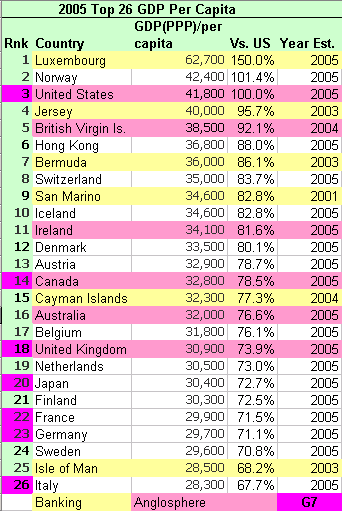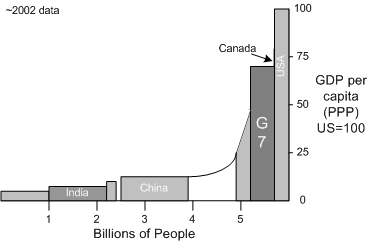Millions and millions of books. Even in the history field, thousands and thousands. Usually monographs on pretty narrow topics. But amidst all that, despite the numbers, you sometimes find that a book you want just does not exist.
I got thinking about South Africa recently, due to a perusal of Ralph Peters’ remarkable essay The Lion and the Snake, hat tip Eddie. And it occurred to me that I knew less about the South African military than I’d like. It is a remote corner of the Anglosphere which I’d like to know more about, and being me, I wanted to start from the military angle. I went looking for something like Granatstein’s history of the Canadian Army , or this essay collection
, or this essay collection on the military history of Ireland. I found remarkably little. There are unit histories, and an official (or semi-official) history of South Africa in the Second World War, and some books about the South African Army from the 1980s, and a few other odds and ends, such as this short essay, and this interesting list of books (click on “literature”). So there is a fair amount of material out there, but nothing comprehensive. I want someone else to do the research, the heavy lifting, and put the whole thing together for me, with an nice annotated bibliography.
on the military history of Ireland. I found remarkably little. There are unit histories, and an official (or semi-official) history of South Africa in the Second World War, and some books about the South African Army from the 1980s, and a few other odds and ends, such as this short essay, and this interesting list of books (click on “literature”). So there is a fair amount of material out there, but nothing comprehensive. I want someone else to do the research, the heavy lifting, and put the whole thing together for me, with an nice annotated bibliography.
Despite substantial searching, I am forced to conclude with regret that there is no one volume history of the South African armed forces, or military history of South Africa. I think we are too close to the transition from the apartheid regime to the successor regime. Old wounds are still open.
Still, too bad. It would be a very fascinating story, told as a continuous narrative. Lots of military, political, cultural and racial drama. The Dutch settlement, the British capture of the Cape, the Zulu Wars, the Boer War, South African expeditionary forces in both world wars, the Cold War era struggles against guerillas in adjacent countries, The military’s involvement in sustaining the apartheid regime, the clandestine nuclear program, the current ambiguous situation, including the virtual privatization of important segments of the South African Army into mercenary bands for hire, and some predictions and guesses about what the future might hold. What a tale. Even if it covered only the 20th century, starting with independence, after the Boer War, it is a story which would certainly have a lot of interest and lessons. It belongs in one volume. I hope someone writes it.
I close by opening the floor to our readers: Do you have any book recommendations about South Africa, Rhodesia/Zimbabwe, etc., not necessarily limited to the military angle.
, Oxford University Press, 2006, 272 pp.

